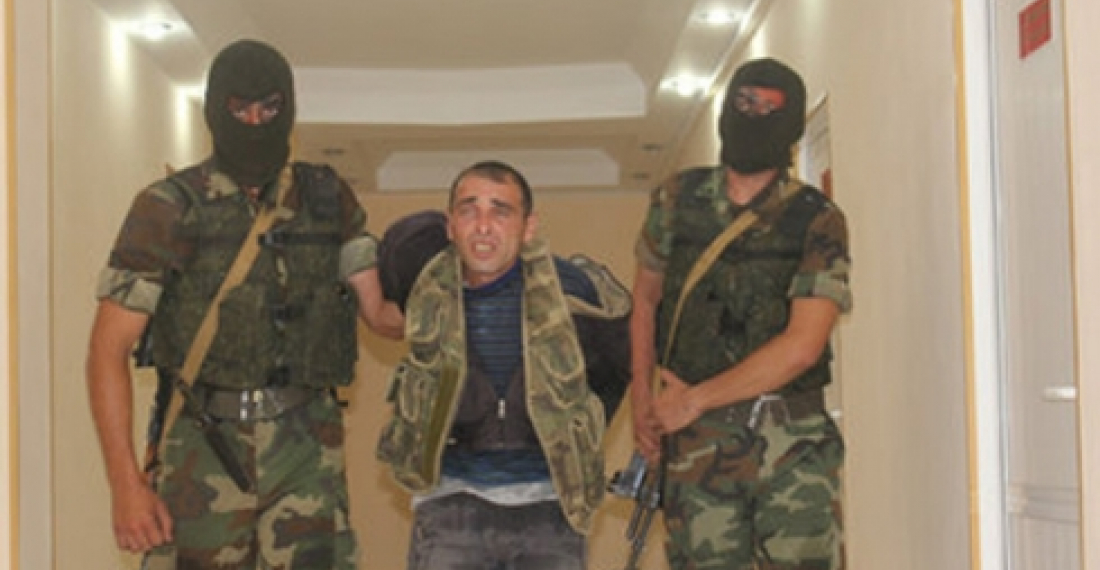This commentary was prepared by the editorial team of commonspace.eu
The death in custody in Azerbaijan of Karen Petrosyan, of Armenian nationality, shortly after he was captured on Azerbaijani territory, is a matter of great concern. So is the refusal of the Armenian authorities to grant to two Azerbaijani civilians, captured in territory under their control, the appropriate status under the Geneva Conventions.
The two cases have some similarities in that those captured were not wearing military uniform. The sides have referred to them as terrorists. There may be some fine points of law on which both sides can argue their cases. One is that in the two cases those captured cannot be regarded as prisoners of war, since they were not wearing uniforms or rank insignias. Yet even if, for the sake of argument, one accepts this, it does not change the fact that both Armenia and Azerbaijan are also signatories to the European Convention on Human Rights and many other international instruments that put on them clear responsibilities with regards to all prisoners. In these cases these responsibilities become even more significant.
The sides should desist from public humiliation of captured prisoners, military or otherwise. They should give the ICRC immediate and unimpeded access to all captured nationals from the opposing side. They must also treat all captured with dignity.
The US government earlier this week reminded the governments of Azerbaijan and Armenia of their obligations under international humanitarian law, especially their obligation to treat humanely all those taken into custody. It also called on both Armenia and Azerbaijan to grant the International Committee of the Red Cross (ICRC) access to all detainees and internees held for conflict-related reason.
The death of Karen Petrosyan in Azerbaijani captivity is a serious issue and should be the subject of an independent and credible investigation to ascertain the cause of death. If Petrosyan was abused whilst in captivity, those responsible need to be brought to justice. This case is however not the only one that raises questions.
The three persons involved in the incident in Kalbajar, Dilgam Ahmadov, Shahbaz Guliyev and Hasan Hasanov (who was killed in the process of being captured) are reportedly indigenous of the region, opening the issue of Armenia's responsibilities as an occupying power under international law.
Furthermore, a recent incident in which a vehicle of the International Committee of the Red Cross was fired on in the Nagorno-Karabakh conflict zone, is also a matter of concern, as are unnecessary and unprofessional criticisms of the ICRC expressed on at least two occasions by a senior Azerbaijani official in recent weeks.
All these incidents together start forming a pattern. The situation around the Nagorno-Karabakh conflict has long been deteriorating. The spat of violence at the end of July and beginning of August constituted the most serious cease fire violations in nearly two decades. A proper peace process has so far eluded the sides and the international community. But even if Armenia and Azerbaijan have not yet had the courage and the vision to find a true path to peace, they must at least conduct warfare within the realms of civilised bounds.
Both Armenia and Azerbaijan are now trying to use the recent incidents for propaganda purposes. There must be a sharp and categorical refusal by the international community to accept distorted narratives. Instead, as the US State Department did a few days ago, the sides must be constantly reminded of their obligations in front of the world.
This commentary was prepared by the editorial team of commonspace.eu.
Photo: Armenian prisoner Karen Petrosyan, in Azerbaijani captivity shortly before he was found dead.







